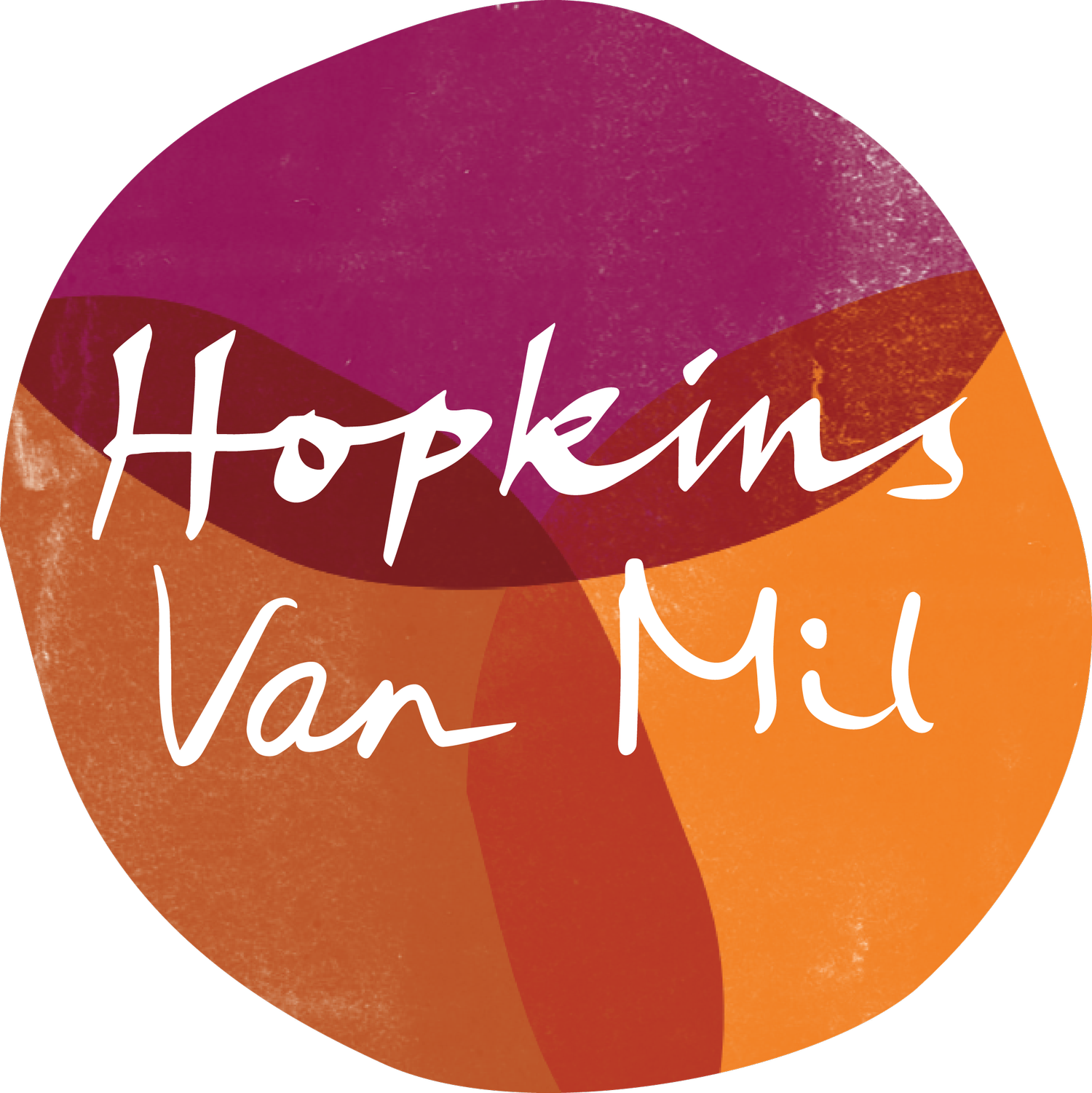Our tools
Depth interviews
HVM turns to depth interviews when insights are required on a complex issue where a simple survey will not explain the 'why' of people's views. Depth interviews are ideal for the early stages of a research process to scope the issue at hand in detail, and at the end of a process as validation for the findings. Depth interviews allow the HVM team to:
Refine a complex research question with those who have a high level of expertise/ experience of the policy area
Test the sources for inclusion in a literature review
Plan for ongoing research activities
Scope the key issues behind the challenge being researched
Gain a balanced picture of all views to inform research design
Build a picture as views change over time
For some research HVM also employs peer interviews. This tool really enables interviewees to relax in to the interview setting, establishing common ground and sealing the rapport which brings out rich research findings. It also brings benefits for interviewers to learn new things, building their confidence and encouraging them to develop other life skills. For examples of HVM's work using depth interviews visit the Our Reports or Projects areas.
Public dialogue & deliberative processes
HVM is commissioned for public dialogue to explore a policy area or issue before a clear idea of the direction of travel is formed, and decisions on how to proceed are still needed. It is a deliberative tool where people are engaged over time in rich and meaningful discussions of an emotive or technically/ scientifically complex issue. This tool is extremely powerful. It creates a safe, independent and impartial space in which people can air their views and trust that they will be used effectively to inform policy making and shaping. Crucially they are given evidence and data to assess and time to think about it. No snap decisions are sought, simply opinions formed through calm reflection.
Dialogue usually involves designing and facilitating a series of day-long workshops over time, during which various exploratory activities take place with members of the public working closely, on an equal footing, with stakeholders. Individuals bring their common sense and lived experience to the process; stakeholders bring their technical experience and knowledge. Working together they find powerful solutions to the most challenging issues in society. Discussions are informed by a variety of evidence based inputs including, for example:
Vox pop stakeholder videos
Expert presentations
Theatrical scenes
Think pieces, technical guides and jargon busters
Click on the image to the left to hear what stakeholders in the health and wellbeing policy field said about the importance of understanding the public views on the interaction between sport, culture and wellbeing.
For examples of HVM's work in public dialogue visit the Our Reports or Projects areas. The primary tool for HVM's work is effective and empathetic facilitation. HVM is where stories, ideas and views matter - facilitating the engagement which allows these to be aired and shared effectively is the key our research and engagement programmes.
Focus groups
HVM uses focus groups to test a product, service or societal challenge with those who have a stake in the issue either because they work in the field, or they are affected in some way by any solutions to the challenge. Focus groups are conducted in short one-off sessions. They are particularly useful when swift front of mind thoughts need to be gathered on people's views, experiences or beliefs. HVM employs focus groups for example, to test reactions to a public performance, to gain initial thoughts on an issue for a community and/ or to give immediate reactions to a stakeholder consultation process.
HVM runs focus groups in venues appropriate for the group selected for the discussion. Sometimes this includes doing Walk & Talk focus groups in an area of interest for the commissioning body. Working with techniques also used in community mapping the team literally takes the group for a walk discussing the issue. This too is helpful for immediate thoughts and reactions to an issue, service or product which they have experienced in that space.
For examples of HVM's work using focus groups visit the Our Reports or Projects areas. The primary tool for HVM's work is effective and empathetic facilitation. At HVM we facilitate engagement to gain insight - for us this is the key to being effective in all our research and engagement programmes.
